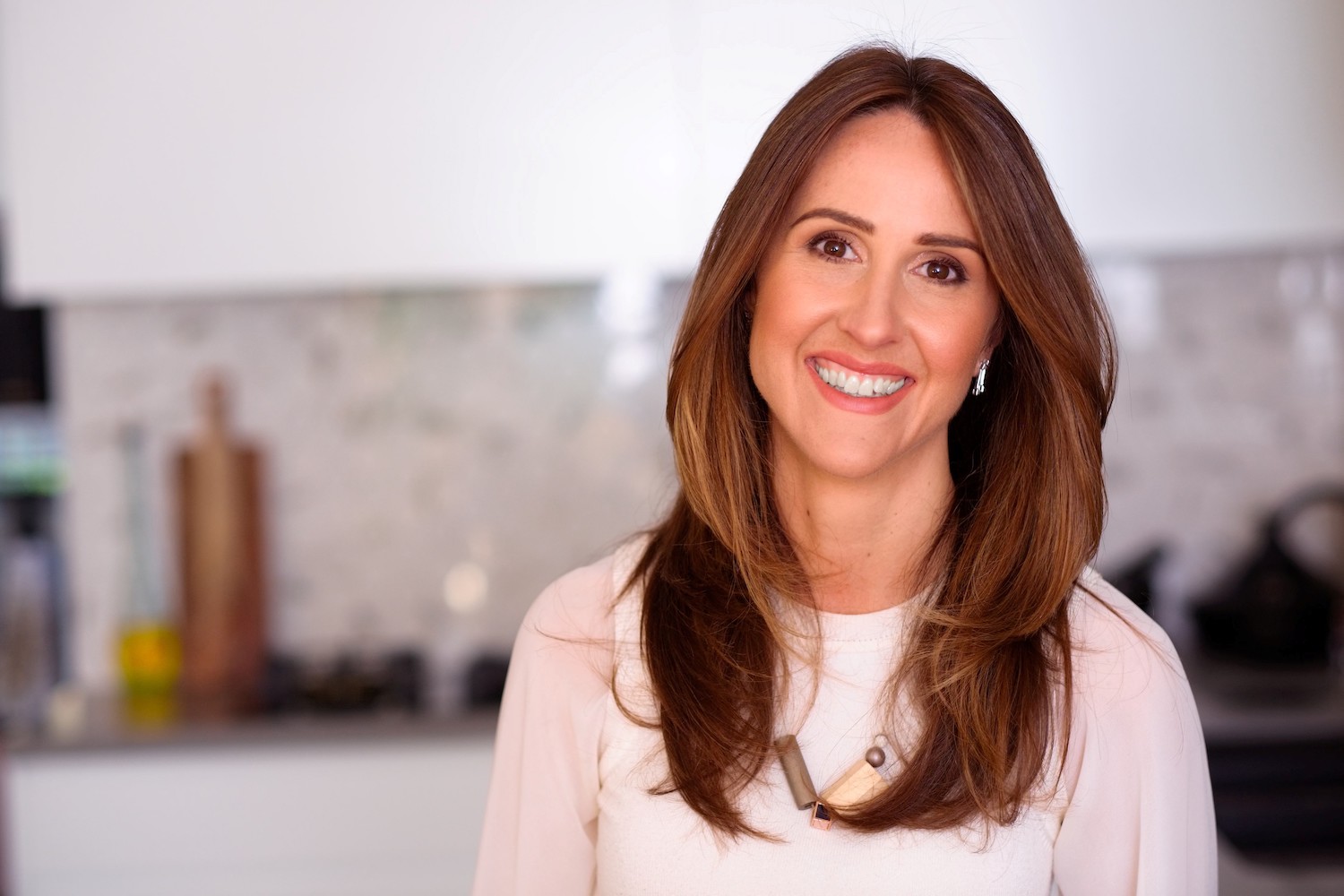Steps before IVF: What couples need to know before they rush back.
With IVF treatments now being given the go-ahead once more thanks to recent lifting on certain elective surgery restrictions, it’s expected that many couples will now be flocking to clinics.
However, Melbourne-based natural fertility naturopath and nutritionist Tasha Jennings, director of Zycia Premium Pregnancy Nutrition and Conceive Baby, said whilst it’s understandable many will want to make up for lost time, it’s important to properly prepare.
“The restrictions due to COVID-19 has no doubt been worrying but if couples are now thinking about treatment, it’s really important for them to prime their bodies first,” says Ms Jennings who works closely with IVF clinics to improve chances of IVF success. “IVF cycles are expensive and unfortunately couples are really lowering their chances of producing quality eggs and sperm, and setting themselves up for multiple attempts if they rush treatment before their bodies are ready.”
Preconception care can double chances of IVF success
According to a University of Surrey study published in the Journal of Nutritional and Environment Medicine, out of more than 1,000 British couples, there was more than a doubling of conception success rate for IVF at 47.1 per cent following preconception health care compared to the national rate of 22.6 per cent.
Ms Jennings knows the fertility journey well from both personal and professional experience. In good health and having first tried for a baby at the age of 30 with her cardiologist husband, Ms Jennings assumed pregnancy would come easily, but that wasn’t the case. After extensive research, she used her knowledge as a naturopath to increase their own chance of conception and they now have two children.
Steps before IVF
Whether you have a month to go before treatment begins or longer, Tasha says there are five key things couples should do now:
Take a good prenatal multivitamin daily: Women should look for one with folic acid and folinic acid as well as choline to create a healthy internal environment. Men should ensure a good intake of zinc, magnesium and essential fatty acids.
Eat the rainbow: Colourful fruits and vegetables provide phytonutrients, which are rich in antioxidants and can positively influence both egg and sperm health.
Reduce stress: Recent studies have found that women with high levels of alpha-amylase, an enzyme that correlates with stress, have a harder time getting pregnant. So, employing stress reduction strategies and prioritising good nights’ sleep is important.
Maintain a healthy weight: Being overweight in women can create hormonal imbalances and ovulation problems and can result in decreased sperm health in overweight men. When trying to lose weight for fertility, the focus should be on good quality fats and protein like nuts, seeds and good oils as well as a variety of fresh vegetables and fruit.
If you smoke, stop: Sperm and eggs can be harmed by toxins in tobacco. Fortunately, the damaging impact of smoking on fertility can be reversed, often quite quickly, especially in men.
Why it’s important to have the right reproductive environment
Ms Jennings explained women are born with all the eggs they will ever have. “These eggs begin to mature 90 days before being released at ovulation,” she said. “So optimising the environment in which they are developing can improve egg quality and improve chances of producing a viable egg, or viable eggs.”
Often couples assume pre-conception care is up to the woman, but according to Victoria’s Better Health Channel around 30 per cent of fertility problems originate in the man including poor quality sperm, low sperm count and tube blockages.
Leading Australian body Your Fertility also reports women with male partners aged 45 years or older are almost five times more likely to take more than a year to conceive compared to those with younger partners. Even if a man has no problems, it’s still essential that he produces the best quality sperm.
“Women’s eggs are biologically programmed to ‘fix’ sperm at a cellular level at conception,” said Ms Jennings. “As we age, our eggs have less energy to make these ‘improvements’. However, a whole new batch of sperm is being created every 90 days so if a man also makes positive changes to his body’s environment can produce significant results as there will be less need for sperm to be “fixed” at conception.
“I have seen many couples, often after years of heartbreak, realise their dreams of parenthood simply by optimising their preconception health and wellbeing.”


































































































